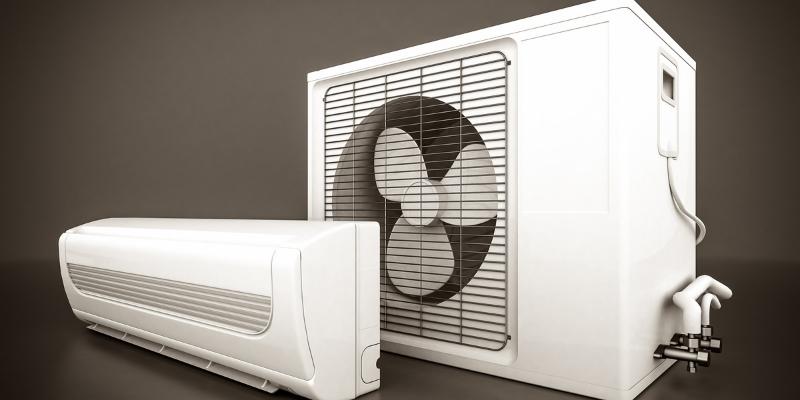What is the price of an air-to-air heat pump?
Prices for air to air heat pumps for the typical two-person UK household range from £1,600 to £3,100.
Even though installing an air-to-air heat pump is inexpensive and has numerous advantages, there are several things to keep in mind that will effect how much it will cost to operate. Consequently, constantly remember the following:
-
- Size and design of your space
- How frequently is the heat pump utilised
- Insulate your house.
- Energy efficiency and window count
- The whole environment’s climate
- In-room positioning
Cost of installing an air to air heat pump
Since the installation is very simple, an air to air heat pump has cheap installation costs.
In contrast to an air to water heat pump, an air to air heat pump simply requires the indoor unit to heat the ambient air that is extracted from the outdoor unit (or cooling). As opposed to the air to water method, you won’t need to install any pipes or radiators.
Do air-to-air heat pumps qualify for the RHI programme?
The only type of air-source heat pump that is ineligible for the Domestic Renewable Heat Incentive is the air to air heat pump. You shouldn’t be concerned, though, because an incentive is utilised to offset the higher installation and operating expenses of air source heat pumps compared to other types of heat pumps.
In plainer terms, 4 kWh of heating energy are produced for every kWh of electricity utilised. So, the better, the greater the COP value.
The temperature of the outside air has a big impact on COP. When the outside temperature falls between -3°C and 10°C, the COP of heat pumps typically remains steady at 3-3.5. This indicates that the heat pump’s COP is higher and the device operates effectively in extremely mild conditions. On colder days, the situation is just the opposite: the heat pump will have to work more to transfer the same amount of heat, which will result in a lower COP.




